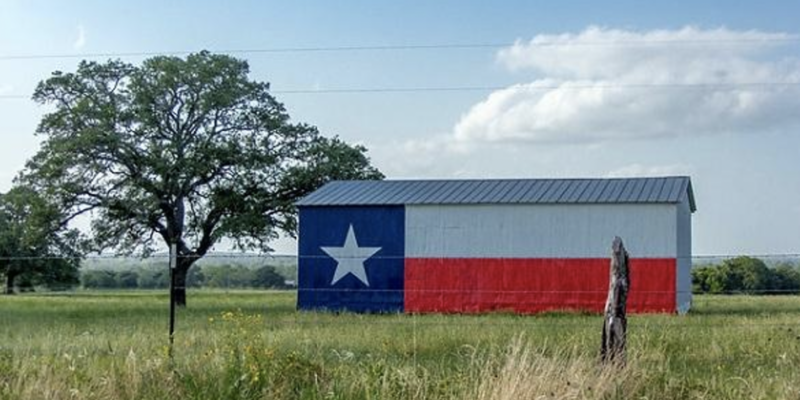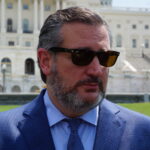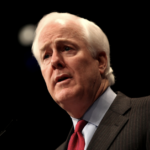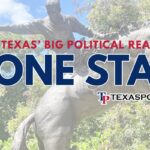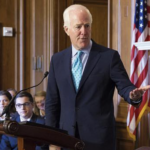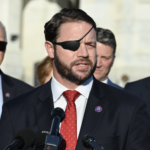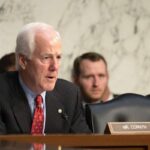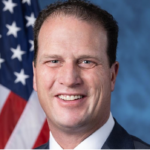Texas Representative Greg Casar (D) spoke to MSNBC guest anchor Julian Castro about protecting workers from harsh weather conditions.
“WATCH: For far too long, wealthy corporations have fought against laws that keep workers safe. Congress has the power — and the duty — to protect workers from increasingly frequent extreme weather,” said Rep. Casar.
“Thanks to @JulianCastro and @MSNBC for having @RepJasmine and I join the show.”
WATCH: For far too long, wealthy corporations have fought against laws that keep workers safe.
Congress has the power — and the duty — to protect workers from increasingly frequent extreme weather.
Thanks to @JulianCastro and @MSNBC for having @RepJasmine and I join the show. pic.twitter.com/c7nKxtSLRa
— Congressman Greg Casar (@RepCasar) July 2, 2023
Speaking to the former presidential candidate, the Texas congressman discussed the measures the President is taking to try to prevent weather-related deaths in the workforce.
“Julian, right now, the Biden Administration is looking at heat protection rules for the entire country. Because we have OSHA, which is our federal agency that provides workplace protections, but for so long corporate interests have pushed back against administrations doing what it is they have to do to keep workers safe.”
The Occupational Safety and Health Administration (OSHA) has faced opposition according to Casar. However, the Texas congressman listed various methods the government could take to better the existing working conditions.
“And we have to take on the climate crisis, but we also have to: protect people’s lives right now on their job sites; pass a decent minimum wage for people; so we don’t have a starvation wage; guarantee paid sick days; guarantee that people have equal opportunity to get a job, and then protect them from the heat and from storms.”
In other news, the Supreme Court of the United States (SCOTUS) has officially ruled in favor of the Students for Fair Admissions, eliminating affirmative action.
The SCOTUS ruling stated that Harvard University and the University of North Carolina (UNC) went against U.S. Constitutional law.
Justice John Roberts (R) gave his statement on the controversial ruling. "Both programs lack sufficiently focused and measurable objectives warranting the use of race, unavoidably employ race in a negative manner, involve racial stereotyping, and lack meaningful endpoints," stated Roberts.
He continued, stating, ”We have never permitted admissions programs to work in that way, and we will not do so today.”
Justice Roberts listed caveats in the ruling. For example, universities are not obligated to completely ignore a student’s race when reviewing their application.
"At the same time, as all parties agree, nothing in this opinion should be construed as prohibiting universities from considering an applicant's discussion of how race affected his or her life, be it through discrimination, inspiration, or otherwise," wrote Roberts.
“It holds that race can no longer be used in a limited way in college admissions to achieve such critical benefits. In so holding, the Court cements a superficial rule of colorblindness as a constitutional principle in an endemically segregated society where race has always mattered and continues to matter.”
The President was very disapproving of the ruling, stating “In case after case, including recently, just as a few years ago in 2016, the Court has affirmed and reaffirmed this view: that colleges could use race not as a determinative factor for admission, but as one of the factors among many in deciding who to admit from a qualified — already qualified pool of applicants.”
He continued stating, “Many people wrongly believe that affirmative action allows unqualified students…to be admitted ahead of qualified students. This is not…how college admissions work.”

